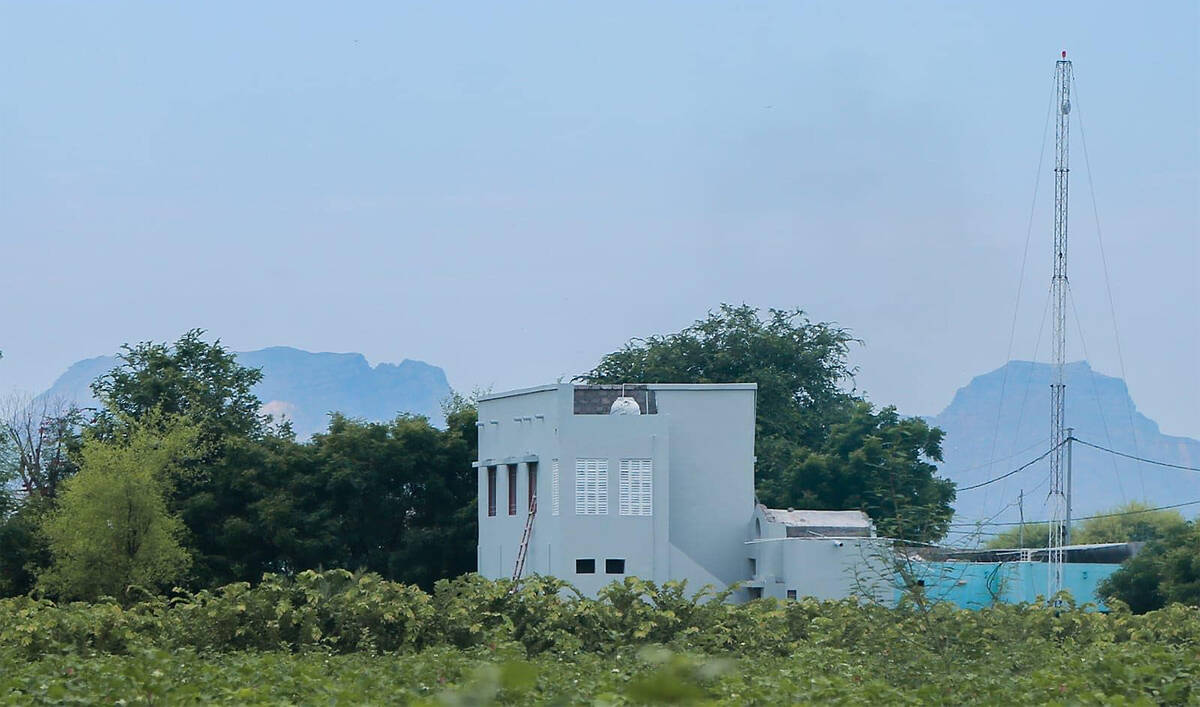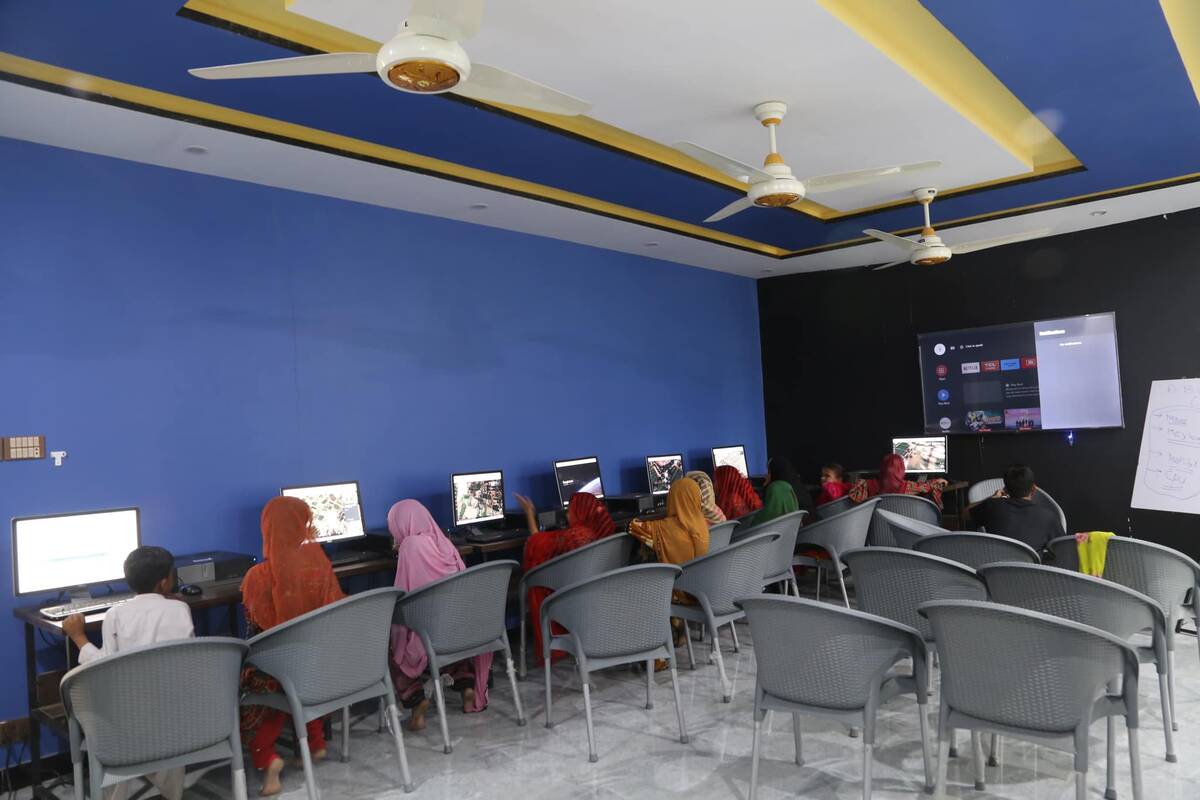KARACHI: Three Afghan citizens imprisoned in Pakistan’s southern port city of Karachi had died in jail from cancer and heart diseases since October last year, a Pakistani jailer and a senior Afghan diplomat said on Monday, with the latter alleging the patients were denied medical help during their incarceration.
Several Afghans flee to Pakistan without valid documents to seek medical treatment, evade persecution by the Kabul government, or to seek employment opportunities. In a report released last year, Pakistan’s National Commission on Human Rights said there was a “drastic rise” in the number of Afghans seeking to leave their country following the Taliban’s takeover of Kabul in August 2021.
Pakistan last year intensified its crackdown against Afghans who illegally cross the border and enter its territory without valid documents.
In a letter seen by Arab News, the superintendent of a correctional facility in Karachi’s District Malir informed the Sindh prisons police chief on Monday that three under-trial Afghan prisoners incarcerated there had died in judicial custody due to health complications.
Taj Muhammad, who was arrested on January 22, 2022, died on October 24, 2022, according to the letter, while Abdul Khalil, taken into custody on November 6, 2022, died on December 15, 2022. A third Afghan, Wali Khan, was arrested on November 5 last year, and died on January 22, 2023. His body is being kept at the Chhipa morgue in Karachi, the letter added, while the bodies of Muhammad and Khalil were handed over to family and the Afghan consulate respectively.
Syed Abdul Jabbar Takhari, Afghanistan’s acting consul general in Karachi, said Khan passed away last week from a heart attack while Muhammad and Khalil had succumbed to cancer.
“These people died because they didn’t get treatment,” Takhari told Arab News, saying that his mission had informed Sindh authorities about the inmates’ health condition. “They knew about their health condition as these people had come here for treatment.”
Takhari said nearly 870 Afghan nationals were still languishing in Sindh prisons, many of them struggling with health issues, and as per the law, jail authorities were not allowed to detain cancer or heart patients.
“Instead, they should have been admitted to a hospital,” he said.
Superintendent Malir Prison Arshad Shah rejected Takhari’s allegations, saying all inmates were provided treatment, including the three Afghan nationals who died.
“We have medical facilities but the ones with serious conditions are sent to hospital, either to the Jinnah Hospital or the Civil Hospital,” Shah told Arab News.
Murtaza Wahab Siddiqui, a Sindh government spokesperson, said any person who violated Pakistani law would be prosecuted:
“Ailment can serve as grounds for bail to be granted but that doesn’t mean they can’t be arrested.”
Muniza Kakar, a lawyer who campaigns for the release of Afghan nationals in detention, said around 2,000 people had been arrested since authorities started a crackdown against Afghan nationals in July 2022.
“Of them, about 900 have been deported, some possessing refugees’ cards were released on bail while around 1,000 are still languishing in jails in Karachi, Hyderabad, and Sukkar cities of the province,” she told Arab News. “These include women, children, and aged people and most of them are patients with serious diseases.”
Kakar gave the example of an Afghan asylum seeker who she alleged was not provided treatment after suffering a cardiac arrest in jail on Sunday.
“She was seen by a jail doctor and on Monday, she was brought to court where she fell down,” Kakar said, “but she was taken to jail instead of being taken for treatment to a health facility.”



















